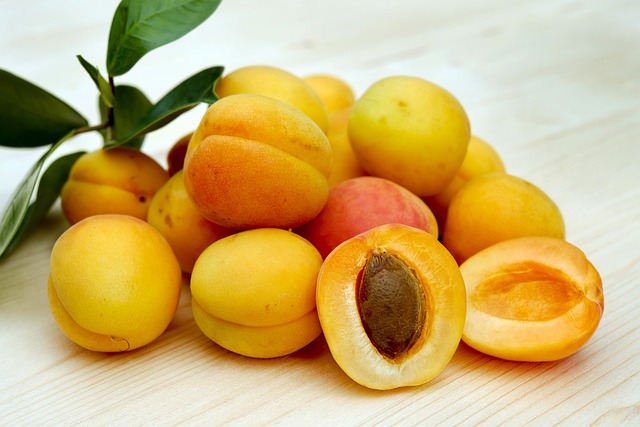As the importance of gut health becomes more widely recognized, the terms probiotics and prebiotics are increasingly being used. But what is the difference between these two terms?
Probiotics
Probiotics are live microorganisms that, when consumed in adequate amounts, promote health benefits in the host. These microorganisms include bacteria, such as lactobacilli and bifidobacteria, and yeasts, such as Saccharomyces boulardii.
Probiotics are commonly consumed in fermented foods such as yogurt, kefir, sauerkraut, and kombucha. They are also available in supplement form, with capsules, powders, and beverages being the most common.
Prebiotics
Prebiotics are substances that promote the growth and activity of beneficial microorganisms in the gut. They are typically non-digestible fibers that pass through the small intestine undigested and reach the colon, where they are fermented by gut bacteria.
Common sources of prebiotics include inulin, fructooligosaccharides (FOS), galactooligosaccharides (GOS), and resistant starch. These substances can be found in a variety of foods, including whole grains, fruits, vegetables, legumes, and nuts.
The Difference
The main difference between probiotics and prebiotics is their mechanism of action. Probiotics are live microorganisms that directly colonize the gut and perform beneficial functions, such as producing antimicrobial compounds, modulating immune function, and improving gut barrier integrity.
Prebiotics, on the other hand, are food for the existing gut microbiota. They promote the growth and activity of these microorganisms and enhance their health-promoting functions, such as producing short-chain fatty acids (SCFAs) and vitamins.
Another difference is that probiotics are more transient in nature than prebiotics. When consumed, probiotics pass through the digestive tract and can only temporarily colonize the gut. In contrast, prebiotics are not themselves alive, but rather feed the existing gut microbes that can colonize the gut more permanently.
Why it Matters
The balance of gut microbiota has a profound effect on overall health. Dysbiosis, or an imbalance of gut bacteria, has been linked to a range of diseases, including inflammatory bowel disease, obesity, diabetes, and even certain types of cancer. Therefore, optimizing gut health is essential for overall well-being.
Both probiotics and prebiotics have been shown to positively impact gut health, but in different ways. Probiotics can help to replenish beneficial gut bacteria that may have been depleted due to antibiotic use, poor diet, or other factors. Prebiotics can help to promote the growth and activity of these beneficial bacteria, as well as act as a fuel source for the gut microbes that produce SCFAs, which have numerous health benefits.
Conclusion
Probiotics and prebiotics have distinct roles in promoting gut health. While probiotics are live microorganisms that contribute directly to gut health, prebiotics are non-digestible fibers that promote the growth and activity of the existing gut microbiota. Both probiotics and prebiotics can have a positive impact on overall health, and incorporating both into your diet can be a powerful way to promote gut health and overall well-being.







